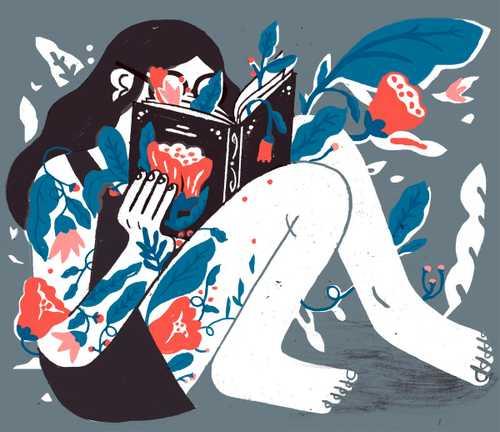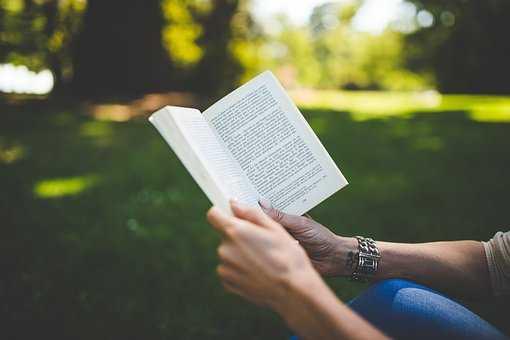Can Reading Make You Happier?
Curated from: newyorker.com
Ideas, facts & insights covering these topics:
7 ideas
·5.41K reads
18
Explore the World's Best Ideas
Join today and uncover 100+ curated journeys from 50+ topics. Unlock access to our mobile app with extensive features.
Bibliotherapy
Bibliotherapy is the practice of encouraging reading for its therapeutic effect.
This first use of this term dates back to 1916 from an article named A Literary Clinic. In the article, the author describes a "bibliopathic institute" where reading recommendations are dispensed. The books must do something to you. They may be a stimulant, sedative, an irritant or a soporific.
168
1.5K reads
Bibliotherapy is used to cure ailments
Bibliotherapy takes on many forms, from literature courses run for prison inmates to reading circles for elderly people. At first, bibliotherapy has been based within the medical context, with an emphasis on self-help books.
However, affective bibliotherapy is using fiction as the ultimate cure as it gives readers a transformational experience. It is prescribed for curing ailments such as feeling depressed, broken heart or career uncertainty.
159
856 reads
Method of bibliotherapy traced to Ancient Greeks
- Ancient Greeks had inscribed above the entrance to a library in Thebes, the words 'healing place for the soul.'
- At the end of the nineteenth century, Sigmund Freud began using literature during psychoanalysis sessions.
- After WWI, a course of reading has often been prescribed to traumatised soldiers.
- Later in the century, bibliotherapy was used in varying ways in hospitals and libraries, and more recently by psychologists, social and aged-care workers, and doctors.
162
661 reads
The novel cure: An A-Z of literary remedies
It is a book written in the style of a medical dictionary that matches ailments with suggested reading cures. But the book has a twist: each local editor can adapt up to twenty-five per cent of the ailments and reading recommendations to fit each particular country's readership.
The ailments are culturally revealing. The Indian edition includes "public urination" and "cricket, obsession with"; the Italians introduced "impotence", "desire to embalm", and the Germans added "hating the world."
159
613 reads
Benefits of reading fiction
It is no surprise that reading books can be good for your mental health.
A study showed that, when people read about an experience, they display stimulation within the same neurological regions as when they go through the experience themselves. Other studies confirm that people who read a lot of fiction tend to be better at empathizing with others. People who read regularly sleep better and have lower stress levels.
178
606 reads
Reading allows us to escape
Books mean different things to people. Or different things to the same people at different times in their lives.
Reading allows an escape from ordinary, everyday pressures. It makes us lose all sense of self, while also putting us in perpetual union with another mind.
162
542 reads
Highly selective reading lists
One major woe of modern readers is that they are overwhelmed by the number of books in the world.
But although more books are published than ever before, people are selecting from a smaller and smaller pool. Considering how many books you're likely to read before you die, you realise that you need to be highly selective to make the most of your reading time. The best way to do that is to see a bibliotherapist.
153
630 reads
IDEAS CURATED BY
Damien 's ideas are part of this journey:
Learn more about problemsolving with this collection
Leonardo da Vinci's creative process
How to approach problem-solving like da Vinci
The importance of curiosity and observation
Related collections
Similar ideas
Read & Learn
20x Faster
without
deepstash
with
deepstash
with
deepstash
Personalized microlearning
—
100+ Learning Journeys
—
Access to 200,000+ ideas
—
Access to the mobile app
—
Unlimited idea saving
—
—
Unlimited history
—
—
Unlimited listening to ideas
—
—
Downloading & offline access
—
—
Supercharge your mind with one idea per day
Enter your email and spend 1 minute every day to learn something new.
I agree to receive email updates

